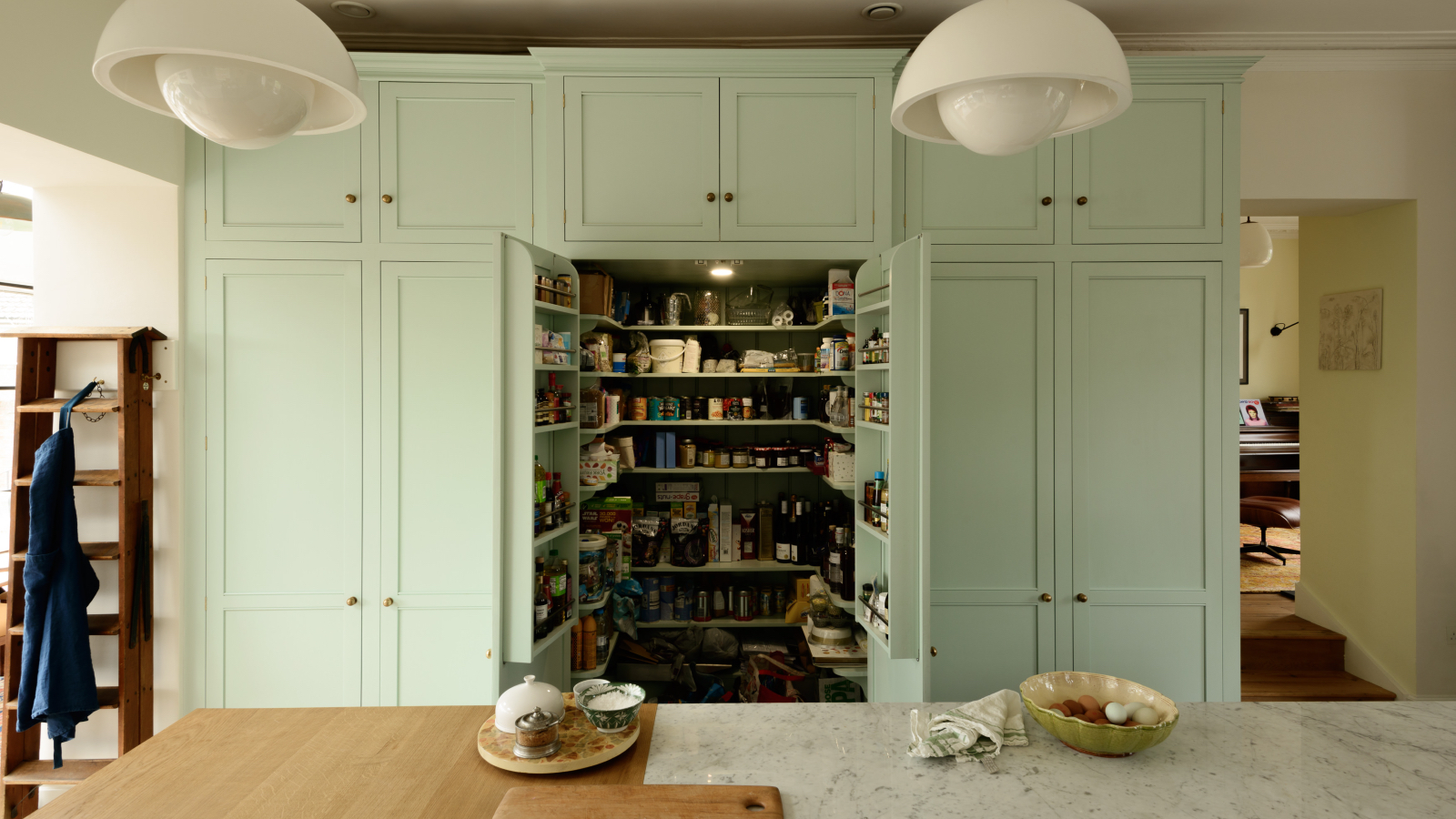
Borax is often considered a powerful cleaning agent and effective laundry booster, but, while a naturally occurring mineral, it can be harmful to both humans and pets, particularly if ingested or inhaled.
So, what are the non-toxic alternatives that still pack a potent cleaning punch? As it turns out, the answers might already be nestled away in your pantry or at the back of a kitchen cabinet.
Here, we spoke to professional cleaners for their top tips for cleaning a kitchen naturally, and the best natural borax substitutes they use for busting grease and grime and leaving surfaces sparkling.
Non-toxic alternatives to borax
1. Baking soda
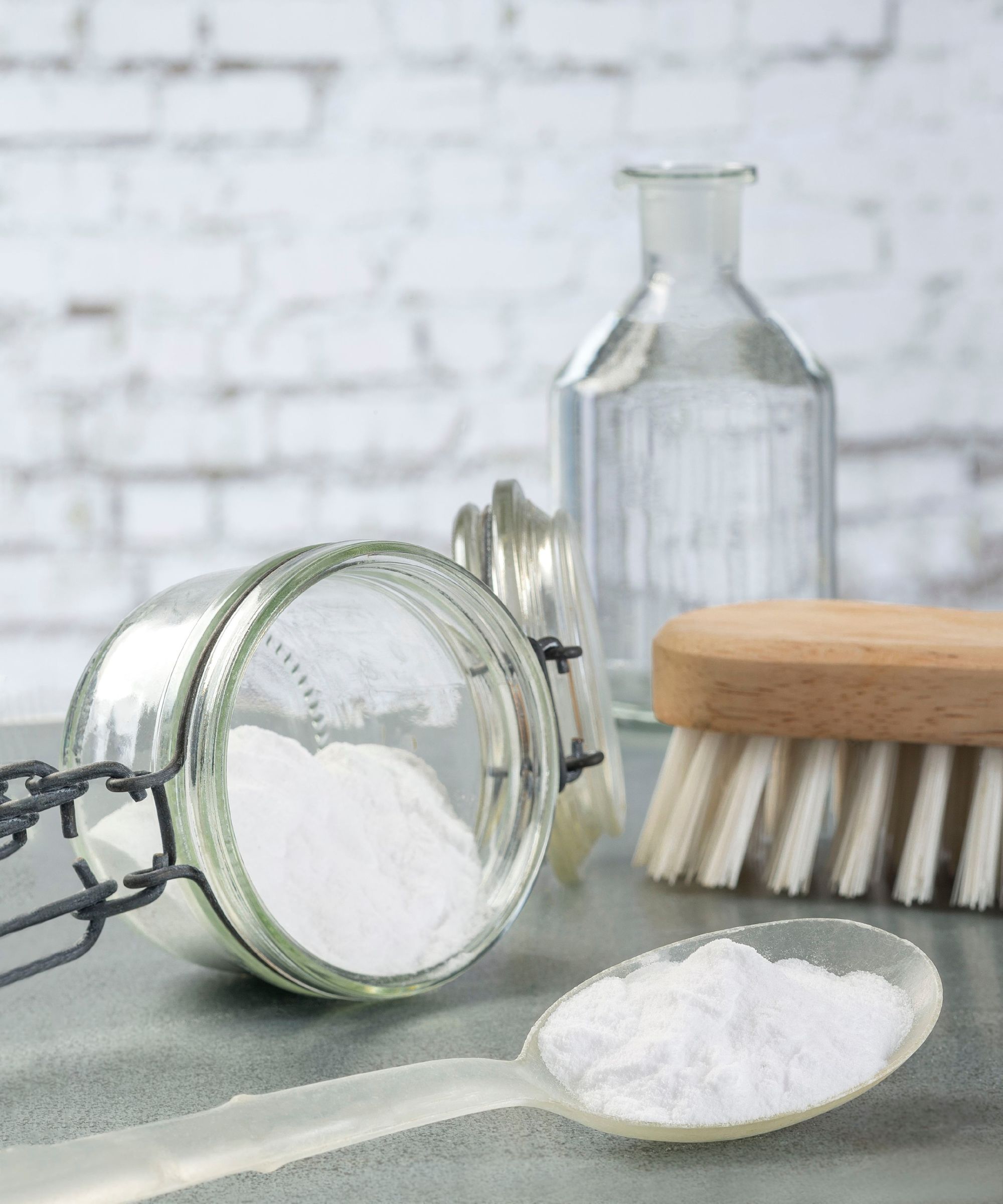
Around the house there are so many things you can clean with baking soda, as Alicia Sokolowski, eco-cleaning expert, co-CEO and president of AspenClean explains, 'Baking soda (sodium bicarbonate) is mildly alkaline, which makes it effective at breaking down grease, neutralizing odors, and lifting stains. Its fine texture also gives it mild abrasive properties for scrubbing.'
Therefore, it's an ideal cleaning tip as it can be sprinkled directly onto countertops, sinks or stovetops, and scrubbed away with a damp sponge to lift stains and residue with ease.
Sokolowski recommends the AspenClean Green Powder Cleaner SuperScrub available, which is a versatile product for tough cleaning challenges, 'enhanced with organic lavender and tea-tree essential oil, known for its cleaning and disinfecting properties.'
You can also use baking soda to neutralize kitchen odors and banish odors in your closet with a baking soda hack, simply by placing an open container in a discreet place. As one of nature's best natural deodorizers to use around your home, really, this can be utilized everywhere and anywhere.
Demonstrating the startling versatility of baking soda, Sokolowski also suggests using baking soda in laundry, adding half a cup to enhance detergent performance and deodorize clothes naturally.
All prices correct at time of publication.
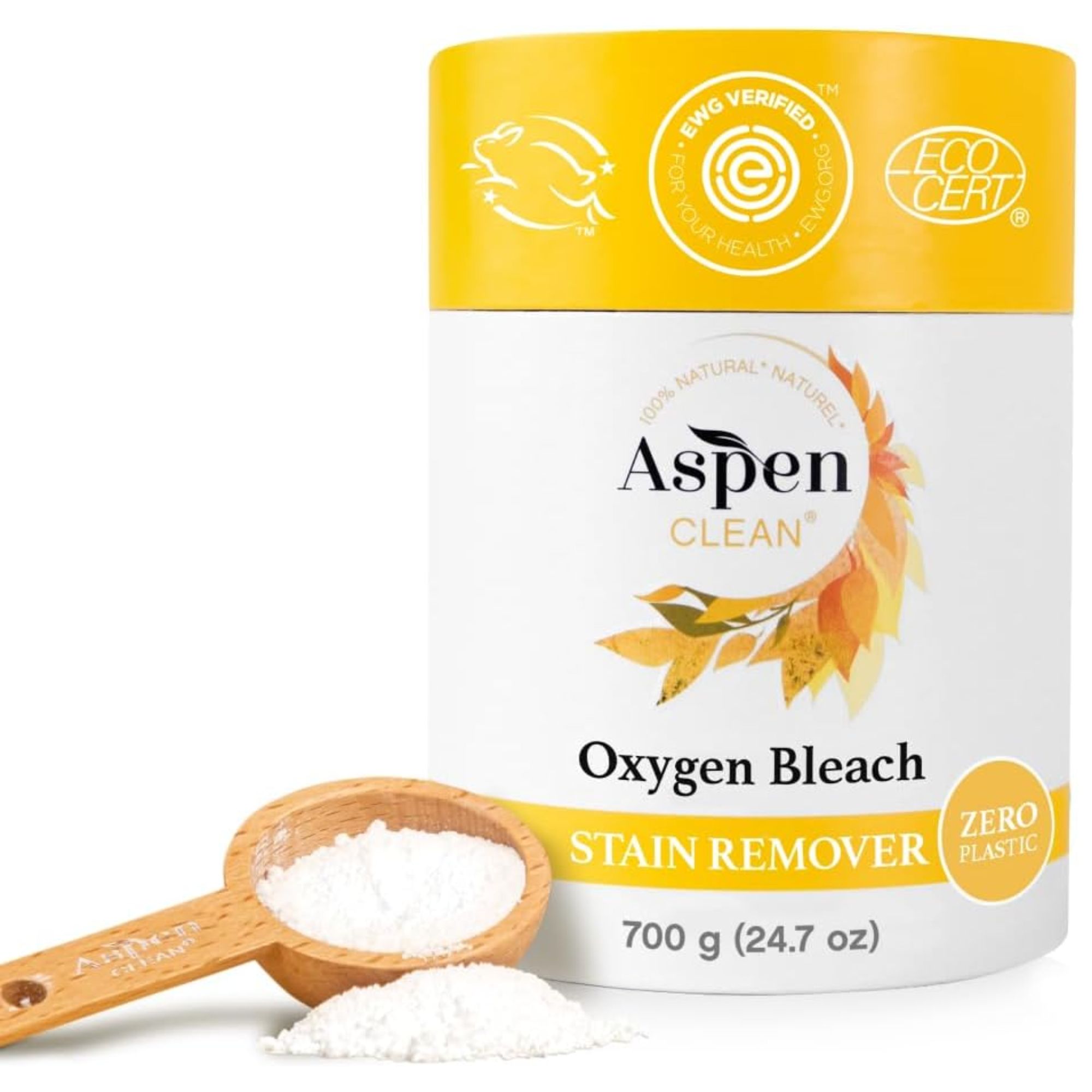
'This natural laundry booster and stain remover is packed in a zero-plastic, compostable container and made only with mineral- and plant-based ingredients and enzymes,' says Sokolowski. 'It brightens clothes while being gentle on the skin, and is also free from harsh chemicals like fragrances, dyes, chlorine, or phosphates.'
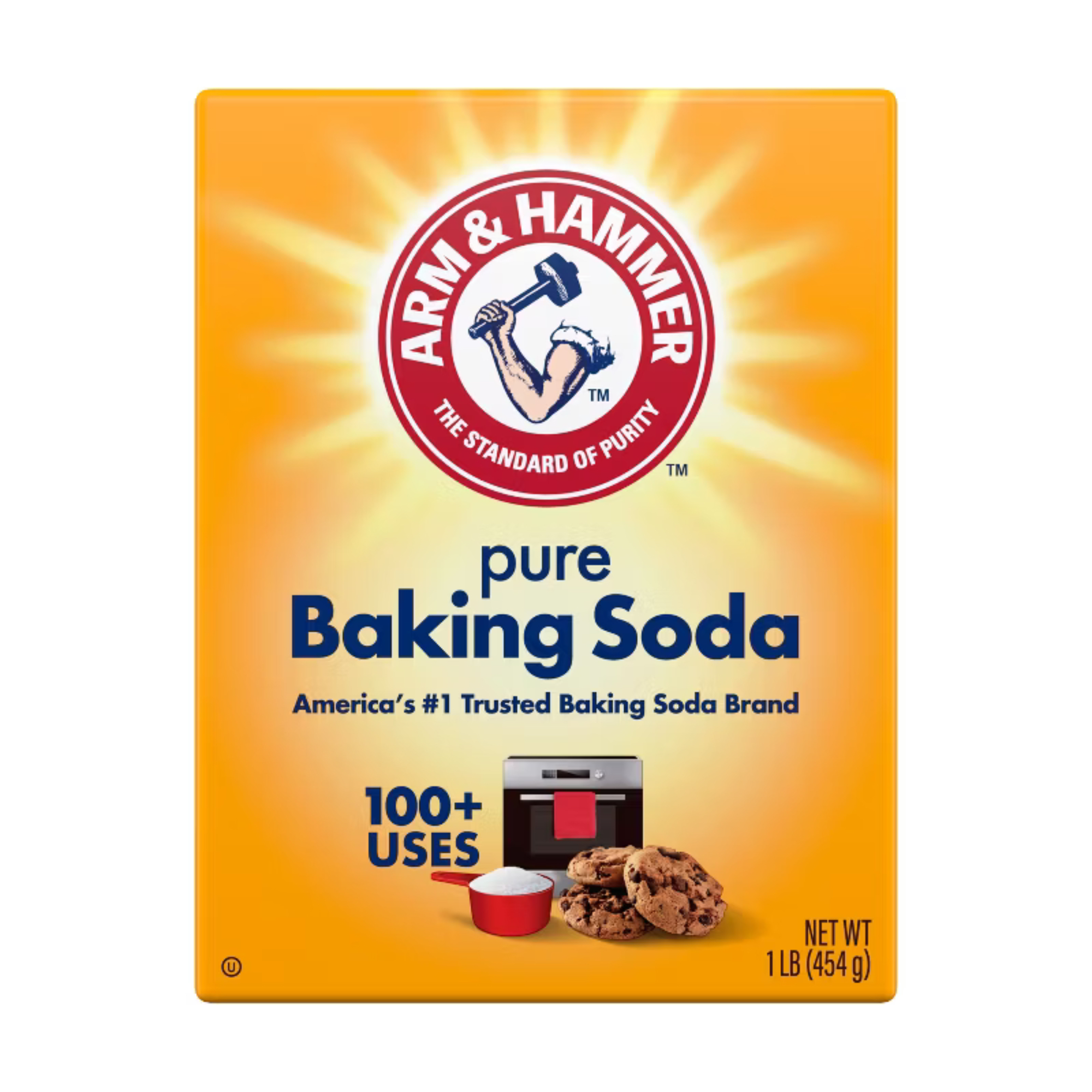
This affordable baking soda can be used for cooking, cleaning and deodorizing, and is a secret laundry ingredient pros swear by for superior results with every wash.
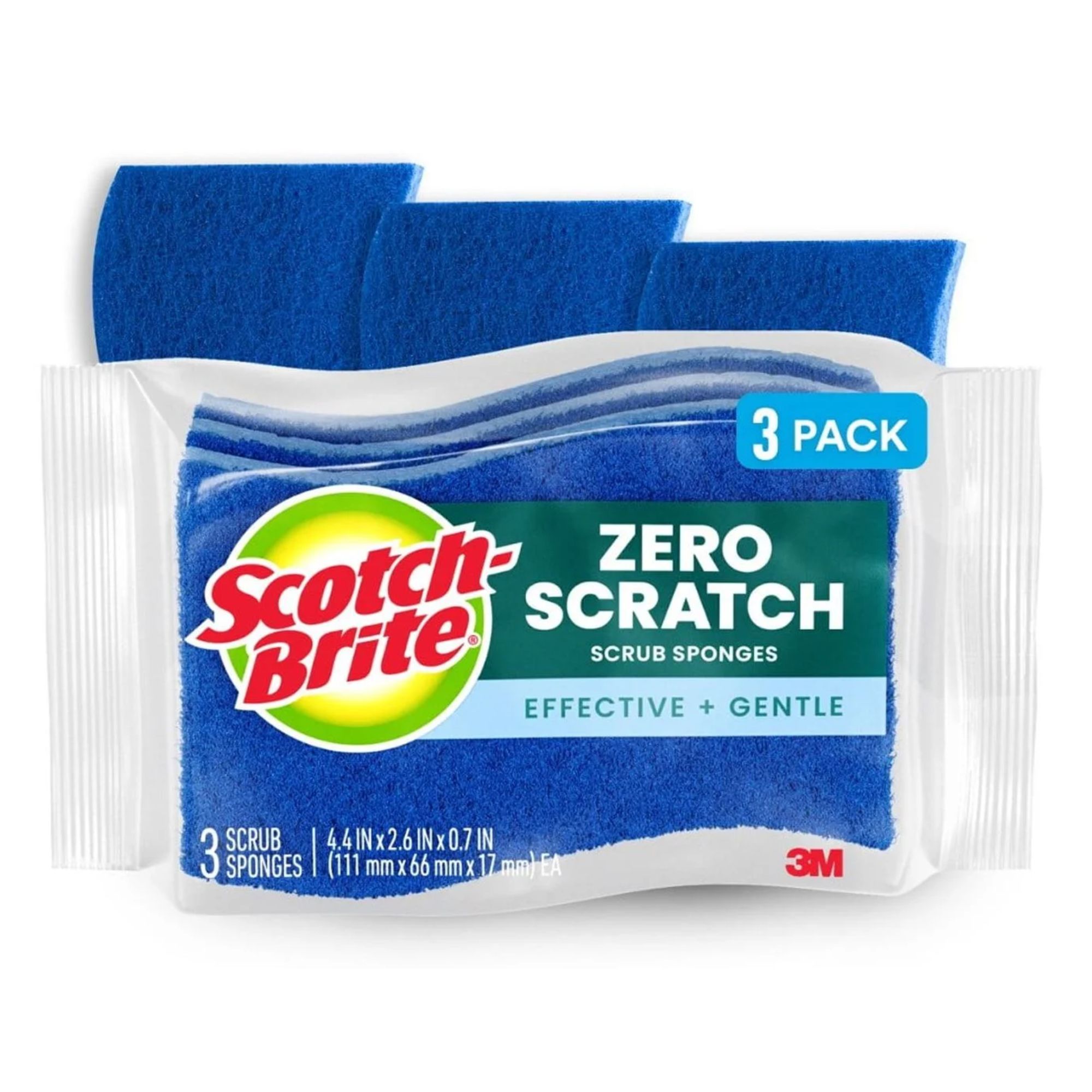
These sponges offer effective yet gentle cleaning, safely lifting grease, grime and dirt without damaging countertops and surfaces.
2. White vinegar
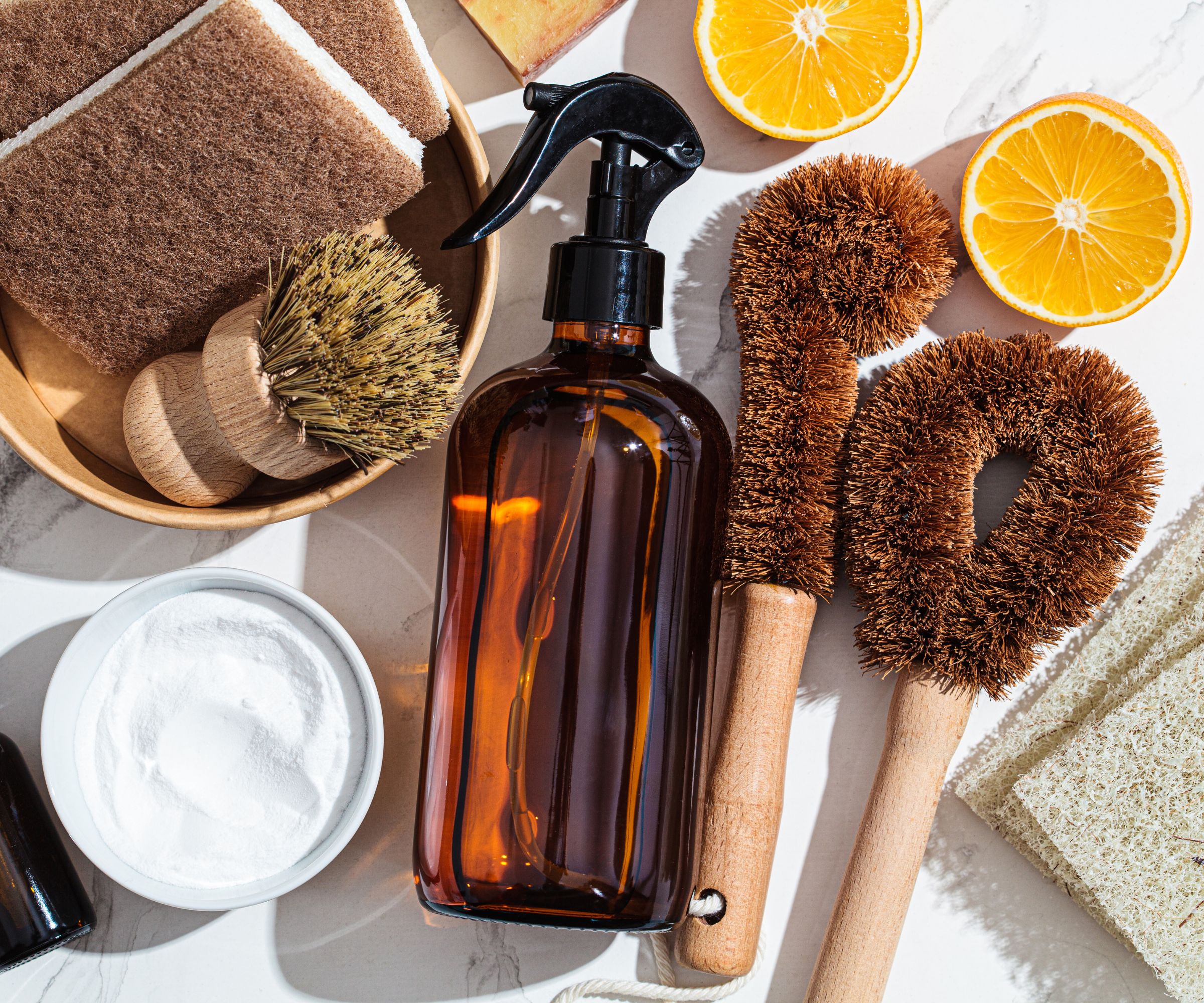
Much like baking soda, white vinegar is a pantry staple and cleaning hero that professional cleaners and tidy homeowners alike rely on for a sanitized space.
Matthew Barata, VP of operations at Daimer Industries, an industrial cleaning company, recommends cleaning with vinegar with a simple 1:1 vinegar-to-water solution.
'It's a good starting point for cleaning glass shower doors and appliances like the oven,' he says. 'If you are just making a regular cleaning spray, add a 1:1 vinegar-to-water ration in a spray bottle. You can also add a bit of lemon juice and dish soap (such as the Dawn Ultra Liquid Dish Soap available at Walmart) to help mask the smell and improve the efficiency,' although, when used alone, the scent will dissipate over time. 'Use the mixture as you would any standard spray cleaner.'
But, as Barata warns, while vinegar is effective for cleaning and getting rid of mineral and hard water stains, it will not kill all virus-causing germs, so for high-touch surfaces you might wish to use a diluted rubbing alcohol solution (two parts rubbing alcohol to one part water) instead.
You can also use white vinegar in laundry, for whitening and deodorizing, and wash towels with vinegar to restore their softness.
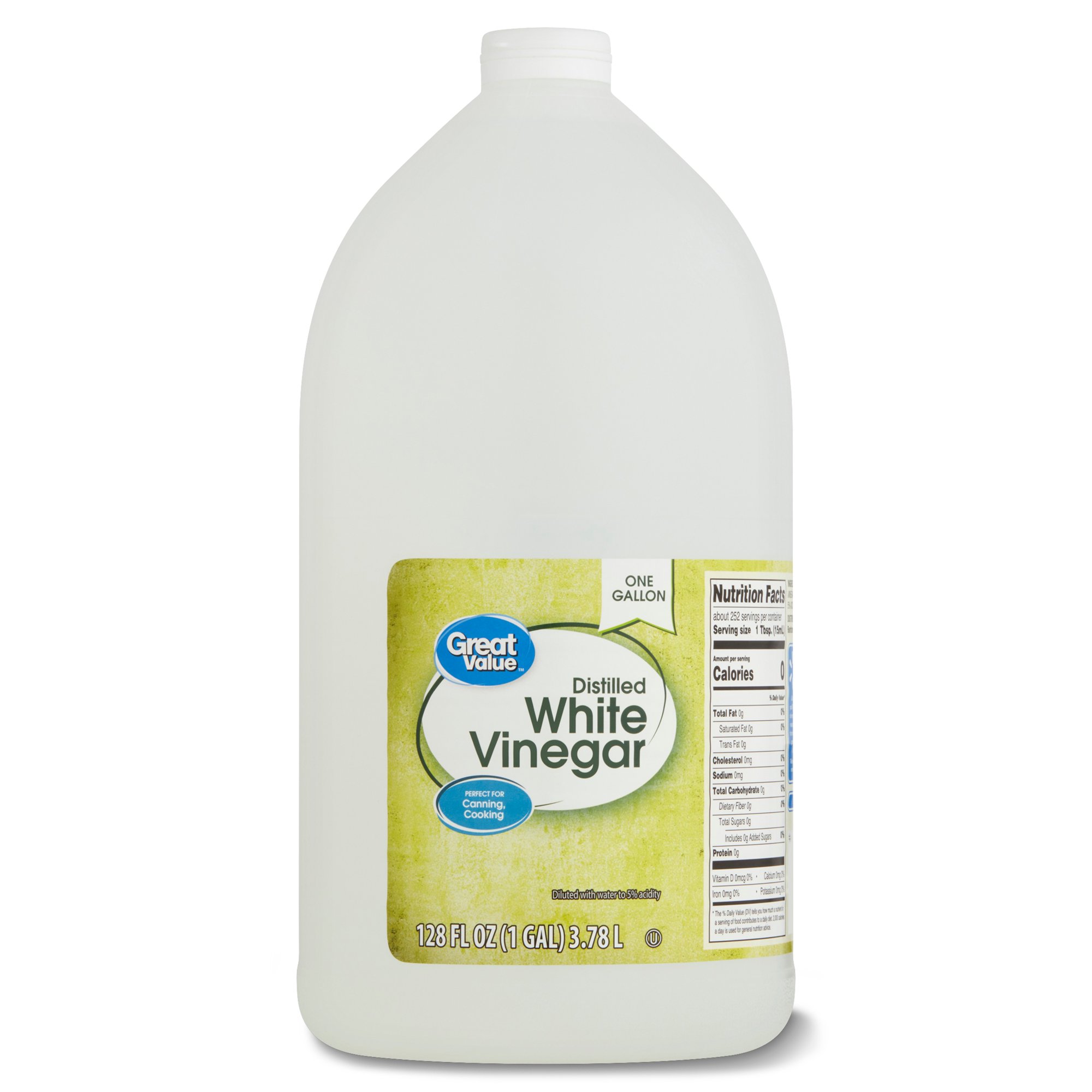
To have effective cleaning properties, white vinegar must have an acetic content of at least 4%. At 5%, this budget-friendly white vinegar can be used all around the house for fighting grease and grime and shining surfaces.
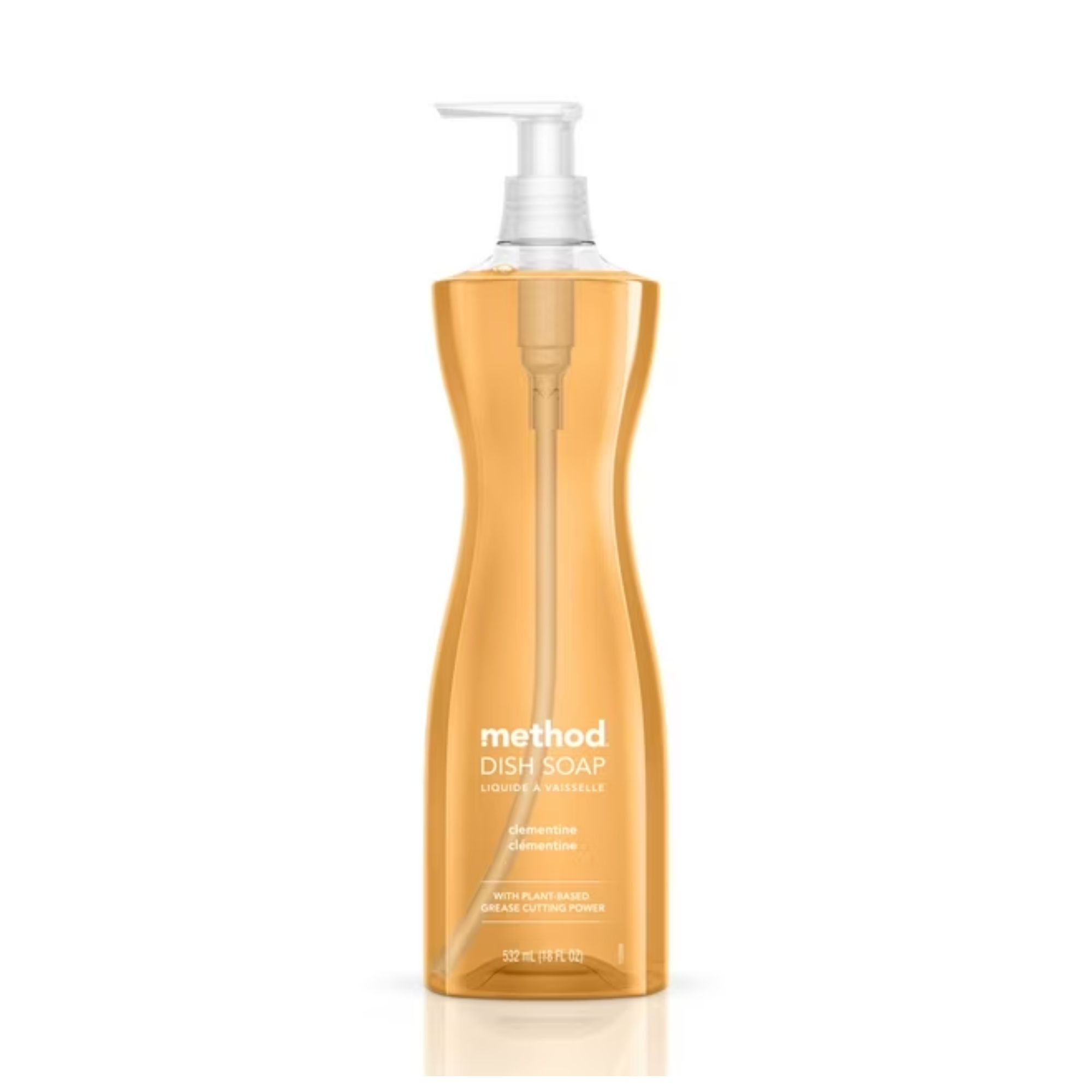
If you're looking for products to clean your home without harming the planet, this dish soap is cruelty-free, vegan, and biodegradable, made without phthalates and parabens.
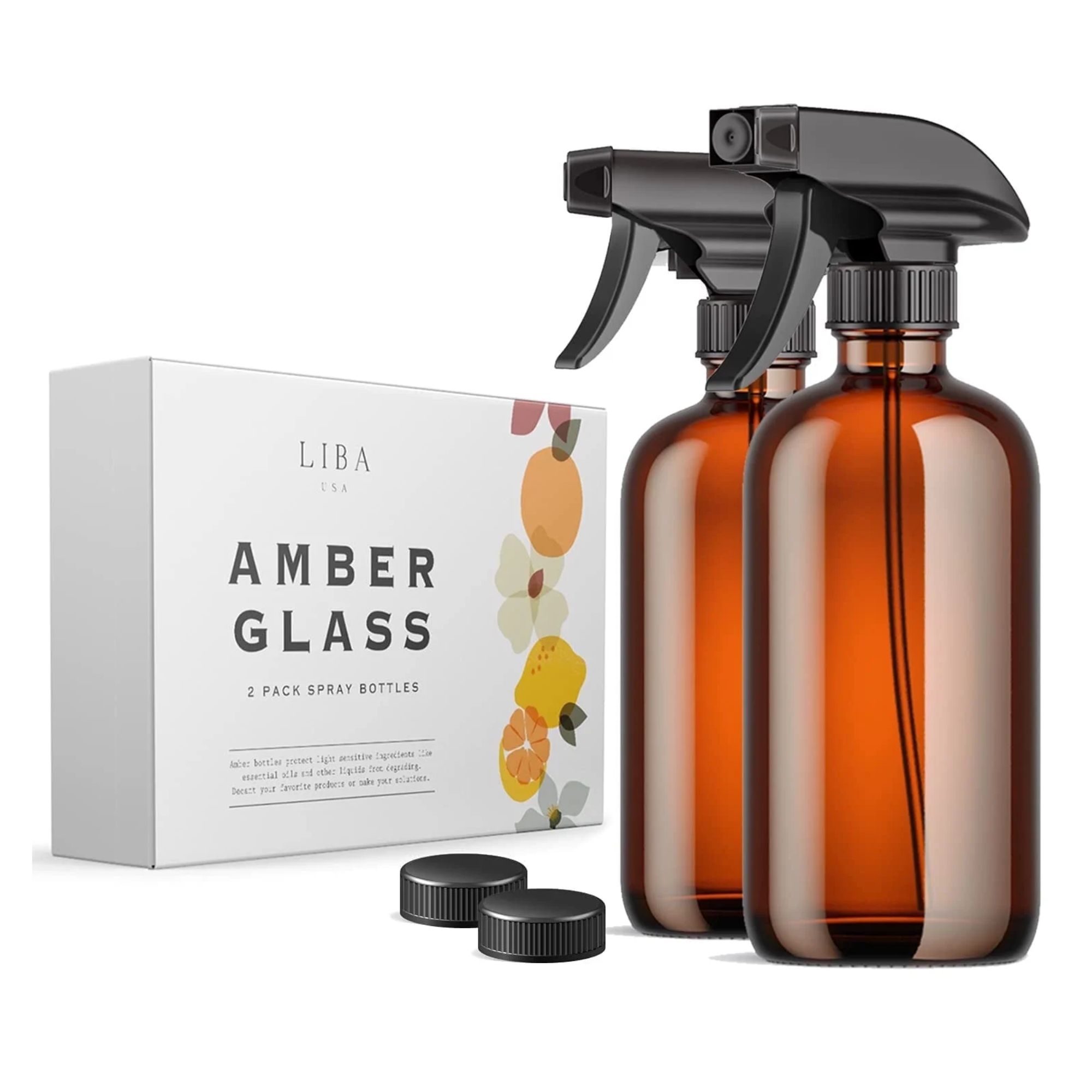
These refillable glass spray bottles feature UV-protection, to ensure your homemade cleaning solutions retain their efficacy, and safeguard ingredients from degradation.
3. Lemon juice
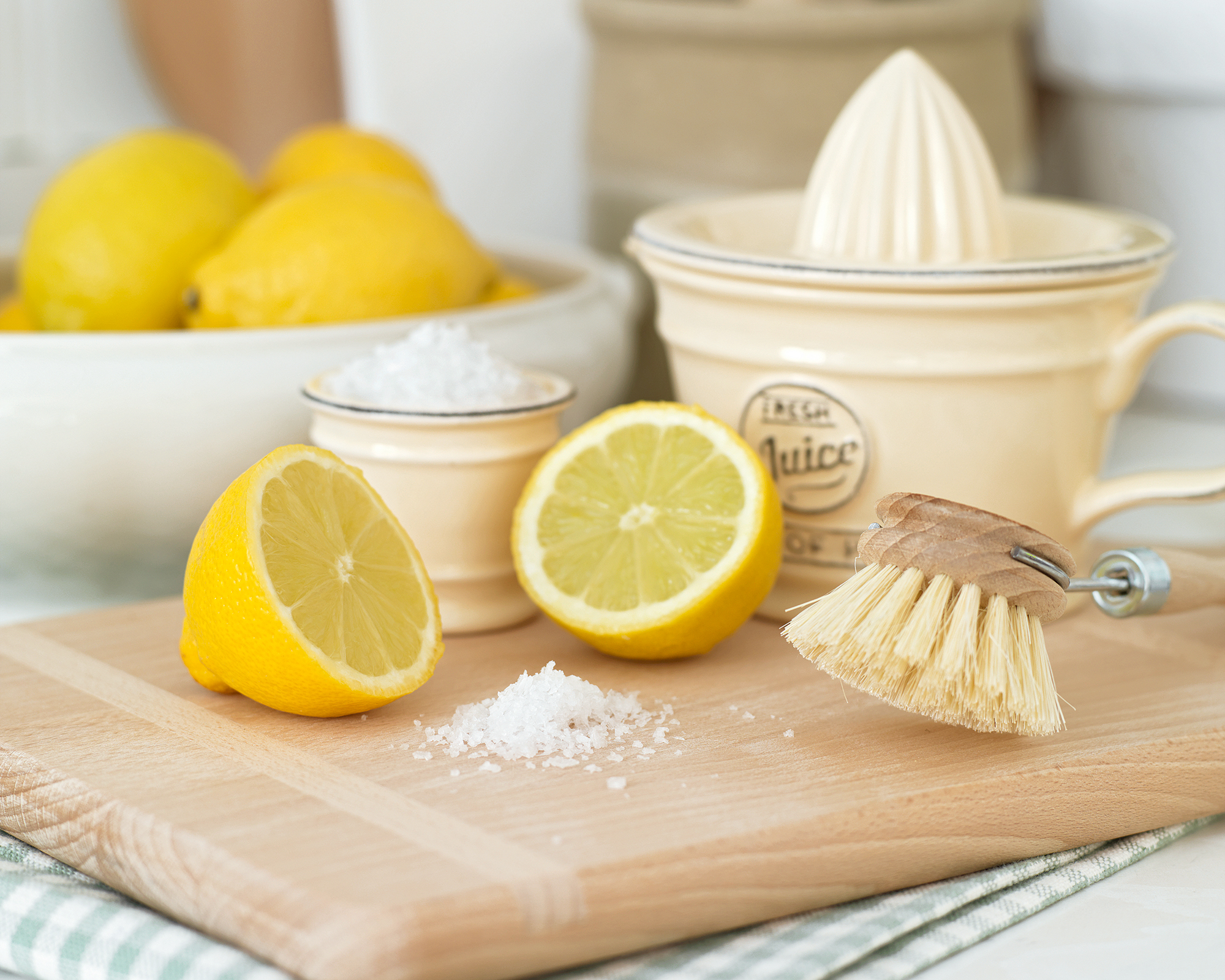
As an alternative to borax, pros also love cleaning with lemon juice, which acts as a natural degreaser and antibacterial agent. 'It also cuts through hard water stains and leaves a fresh, natural scent,' says eco-cleaning expert Sokolowski.
Handily, you can use lemon juice to care for a wooden chipping board, when paired with coarse sea salt, such as the Tuscanini Coarse Mediterranean Sea Salt available at Amazon. 'Sprinkle coarse salt on a wooden cutting board,' advises Sokolowski. 'Then, use half a lemon to scrub, squeezing slightly to release the juice, before rinsing and drying.'
You can also clean a microwave with lemon, by filling a microwave-safe bowl, such as the Mainstays - Gray Round Plastic Cereal Bowl available at Walmart, which costs only 50 cents, with one cup of water and two tablespoons of lemon juice. 'Heat for three to five minutes, then wipe down the inside,' says Sokolowski.
And, for tackling hard water stains, Punteha van Terheyden, head of Solved here at H&G tried cleaning stubborn faucet limescale with lemon juice, and said it 'worked like a charm.' Sokolowski recommends it too, adding, 'Let it sit for 10 to 15 minutes before scrubbing with a brush,' such as the Clorox Medium Scrub Brush available at Target.
The other kitchen cleaning hack we love is putting lemons in your dishwasher. It helps where your detergent may fail and leaves your dishwasher and crockery squeaky clean.
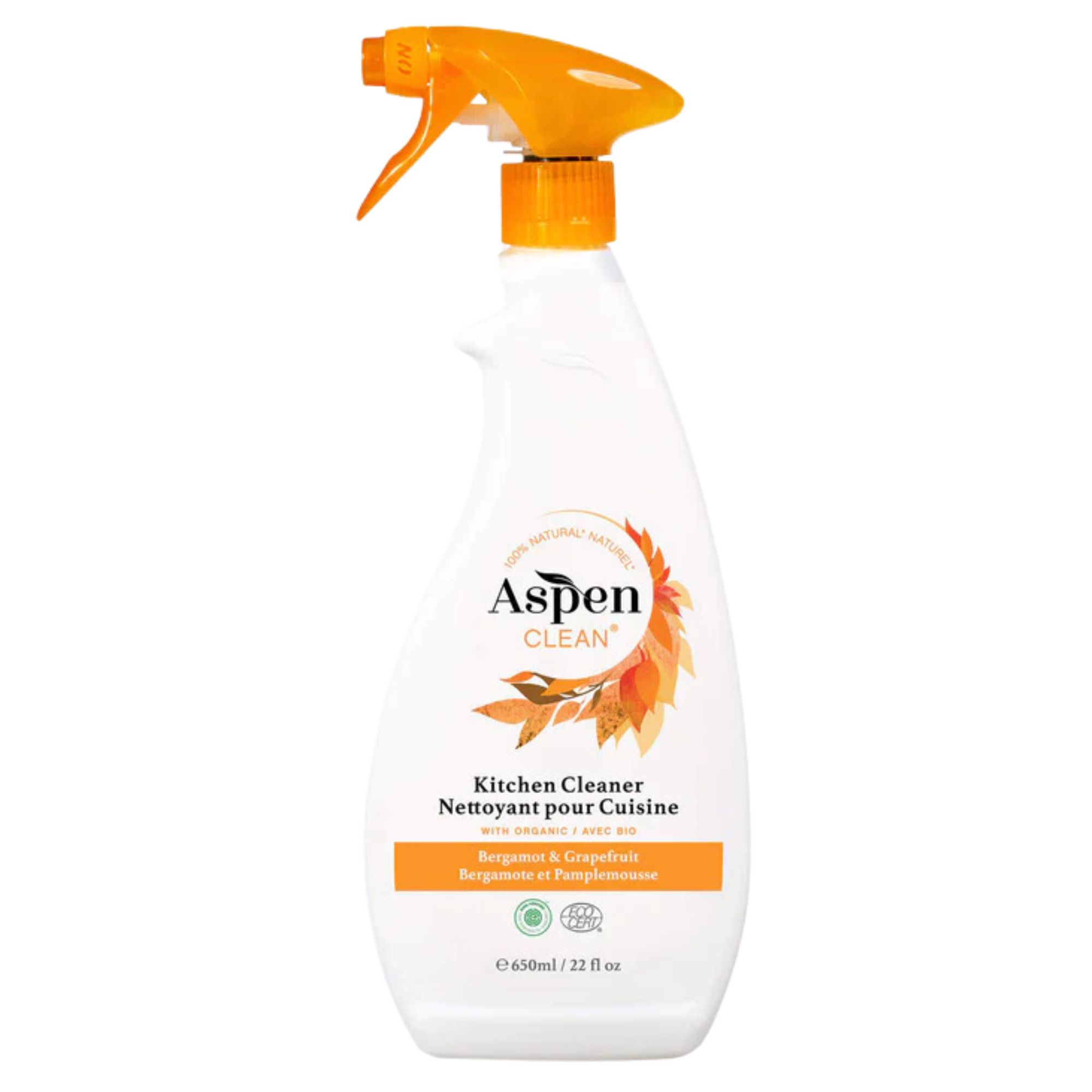
'This nature-powered cleaner effortlessly cuts through grease and grime, and is safe to use on any kitchen surface, from stovetops to sinks and even granite or marble countertops,' says Sokolowski.
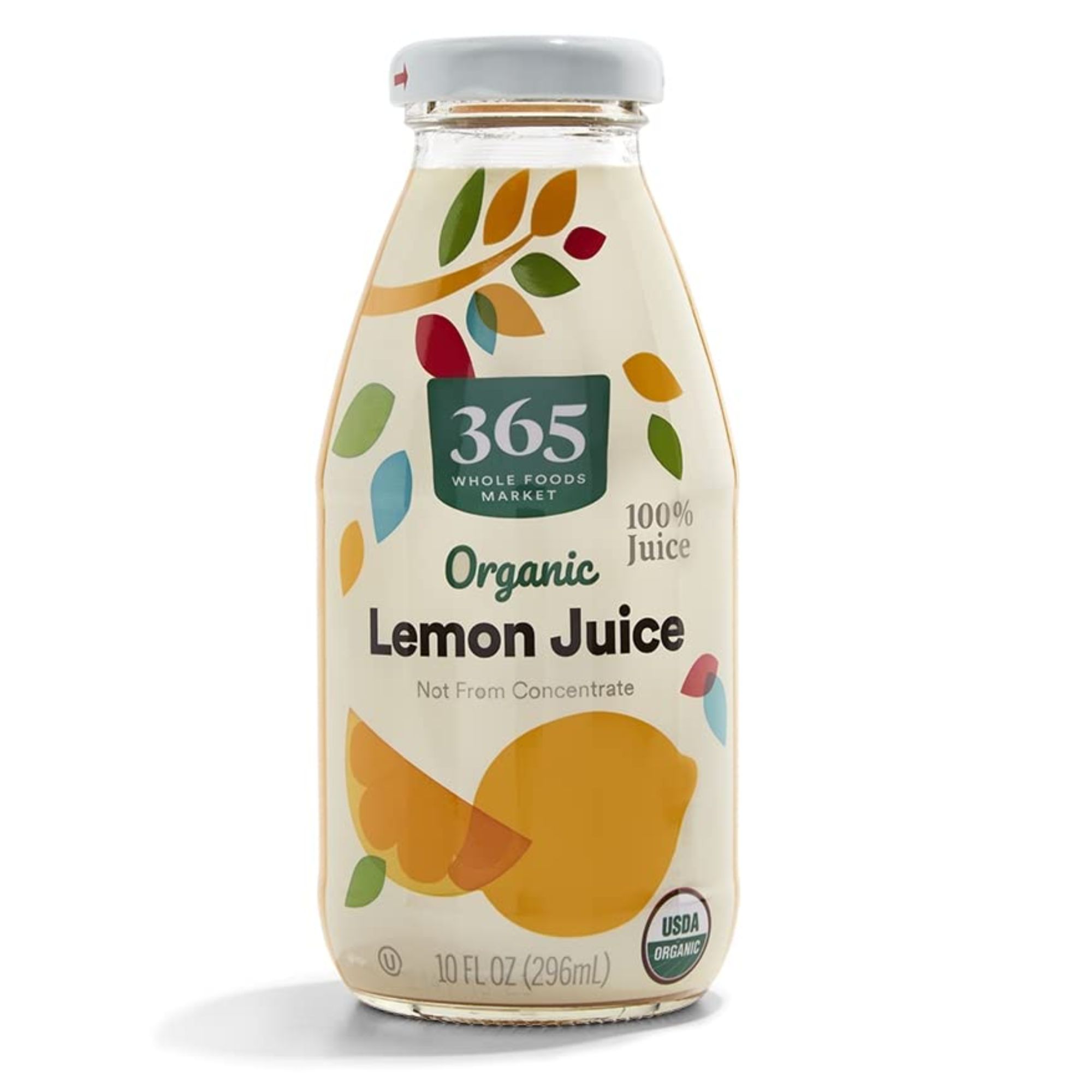
This lemon juice can be used in the place of fresh lemons, as it is not from concentrate and has no fillers or additives.
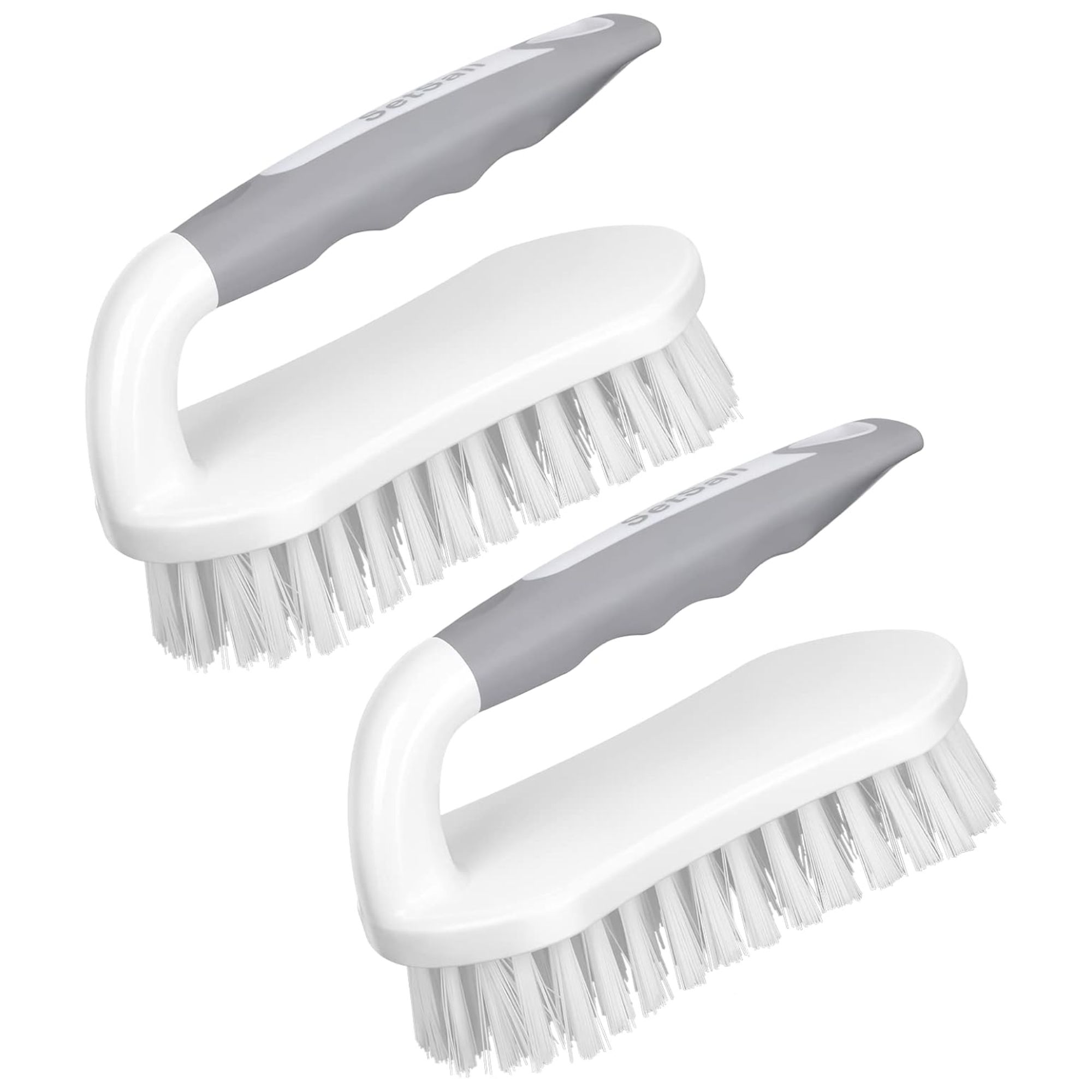
With ergonomic handles, this set of two scrubbing brushes are durable and long-lasting, with stiff bristles for effective cleaning.
4. Commercial, non-toxic cleaners
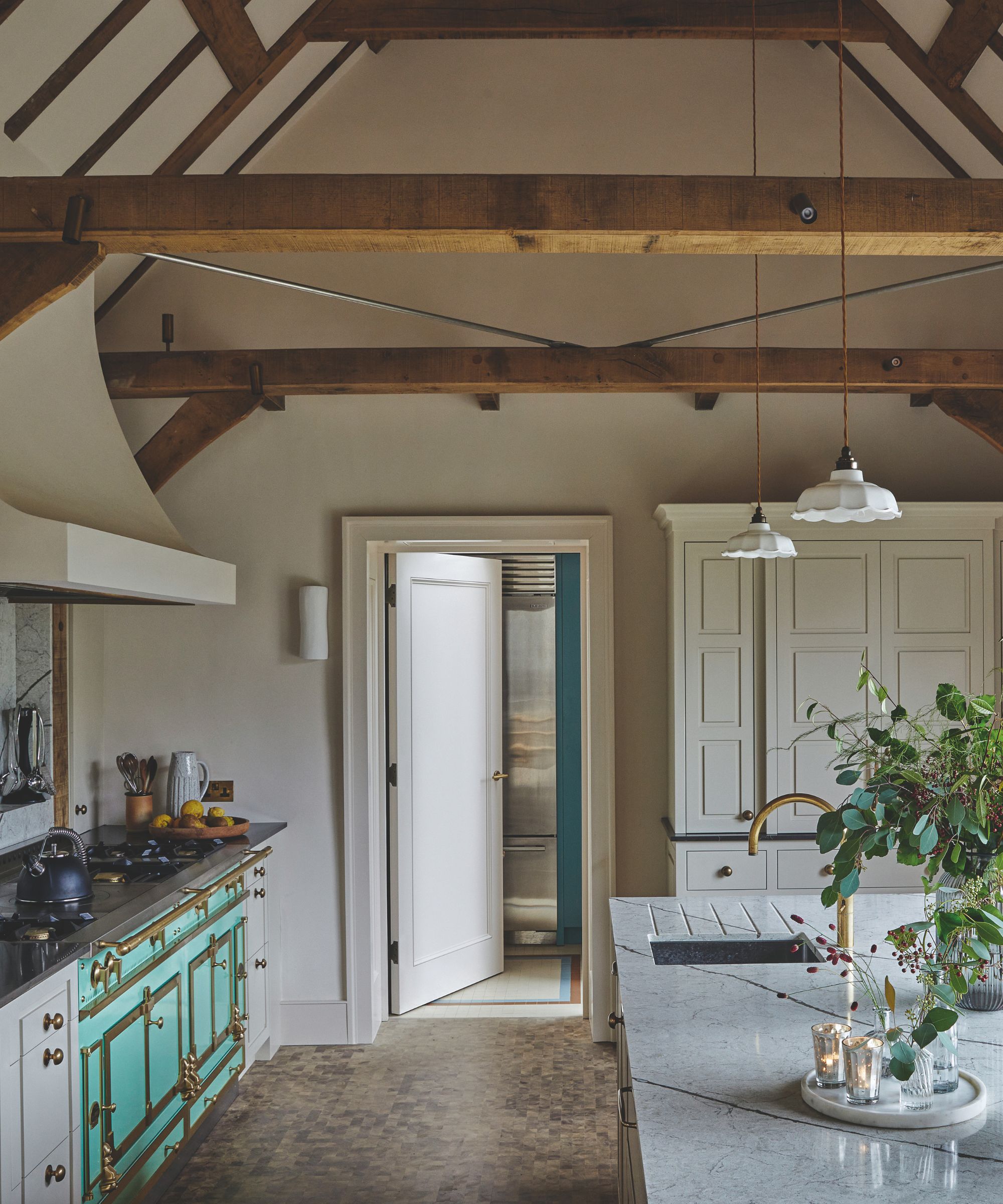
While products from your pantry make great non-toxic alternatives to borax, there are also ready-to-use natural commercial cleaners, too.
For example, Joy Mangano, who has over 25 years in the cleaning industry, recommends her latest invention, CleanBoss Botanical Disinfectant, available at Amazon.
This botanic disinfectant has a patented hyper-powerful formula kills germs faster than even some of the most toxic cleaners, but without the need for scary warnings or disclaimers.
'It's the result of 15 years of research on a patented formula powered by the industry's highest concentration of botanically derived Thymol, not chemicals,' says Mangano. 'It's all natural with zero toxic warnings. Just spray and let CleanBoss work its magic, and wipe down to dry. No rinse required.'
We also love plant-based Method cleaning products, such as the Method All-Purpose Cleaner, Pink Grapefruit available at Amazon, which cuts through grease and grime with a fresh citrus scent.
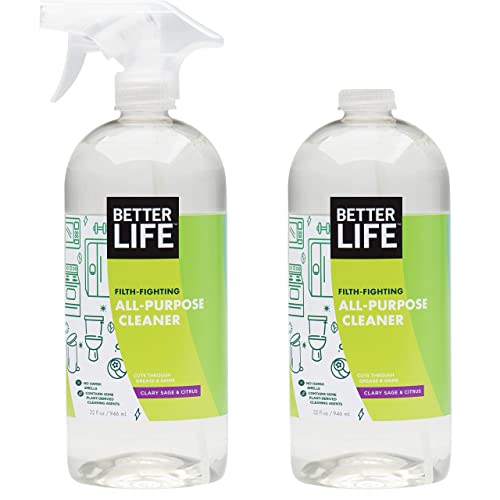
This twin pack of gentle and earth-friendly multipurpose cleaner from Better Life is one to have in your non-toxic arsenal. It doesn't contain petroleum solvents, chlorine or bleach, added alcohols, added parabens, SLS or SLES, and has some plant-based elements, making use around the home easier on your family and pets.
5. Sodium Sesquicarbonate
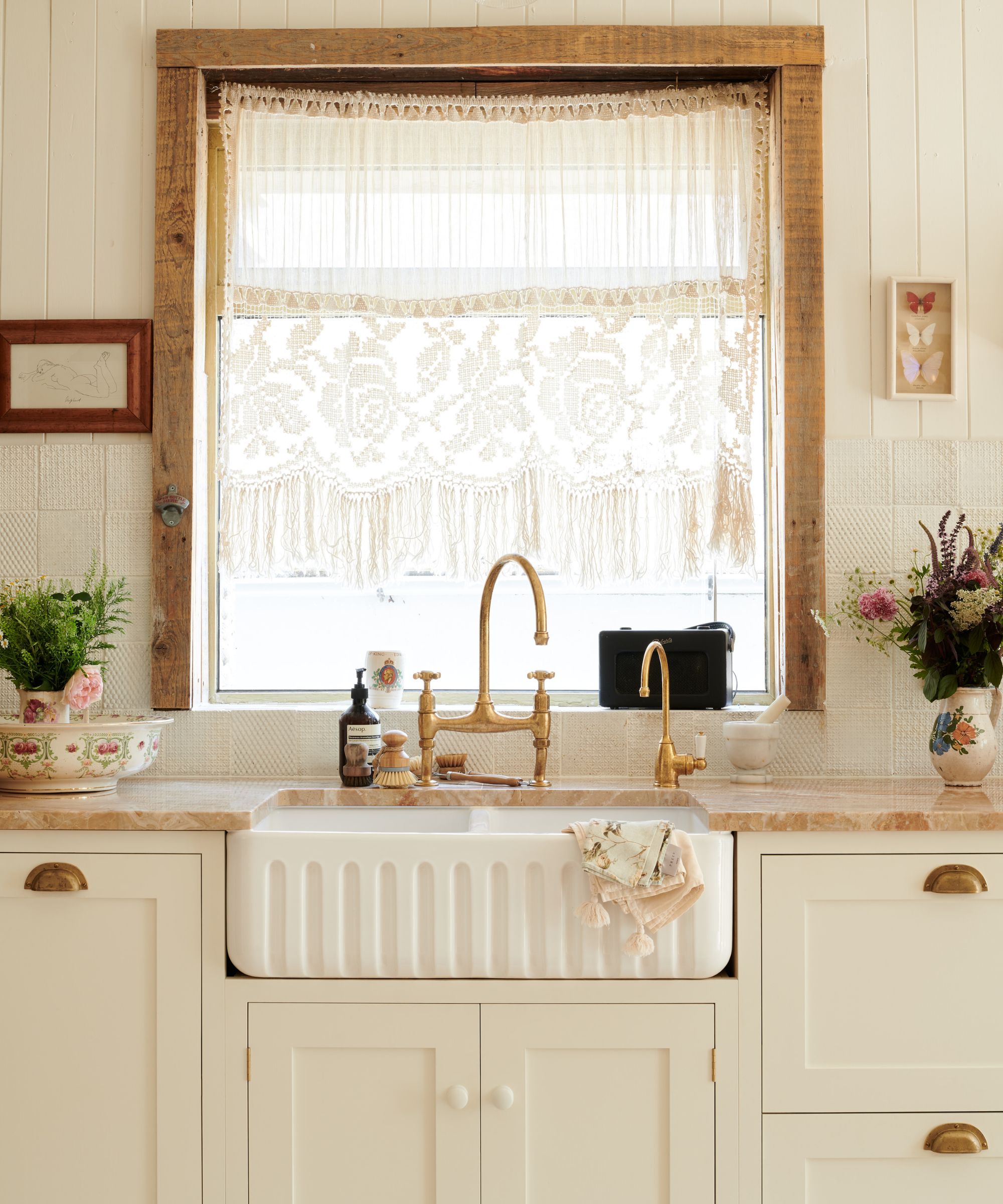
You may not have heard of it, but sodium sesquicarbonate is commonly considered a borax substitute, and is a blend of baking soda and washing soda, says eco-cleaning expert Sokolowski, providing the benefits of both. 'It's excellent for water softening, odor control, and heavy-duty cleaning.'
For laundry, simple add one tablespoon to your best washing machine for cleaner, brighter clothes, particularly effective for getting dingy whites white again.
You can also use sodium sesquicarbonate to clean a carpet without a machine, suggests Sokolowski, by mixing one tablespoon with two cups of water and spraying onto carpets to neutralize odors. Once dry, simply vacuum. Learn more about our carpet cleaning tips in our dedicated guide.
And, when it comes to cleaning a bathroom in 30 minutes or less, combine one tablespoon of sodium sesquicarbonate to clean shower grout, tiles, and tubs.
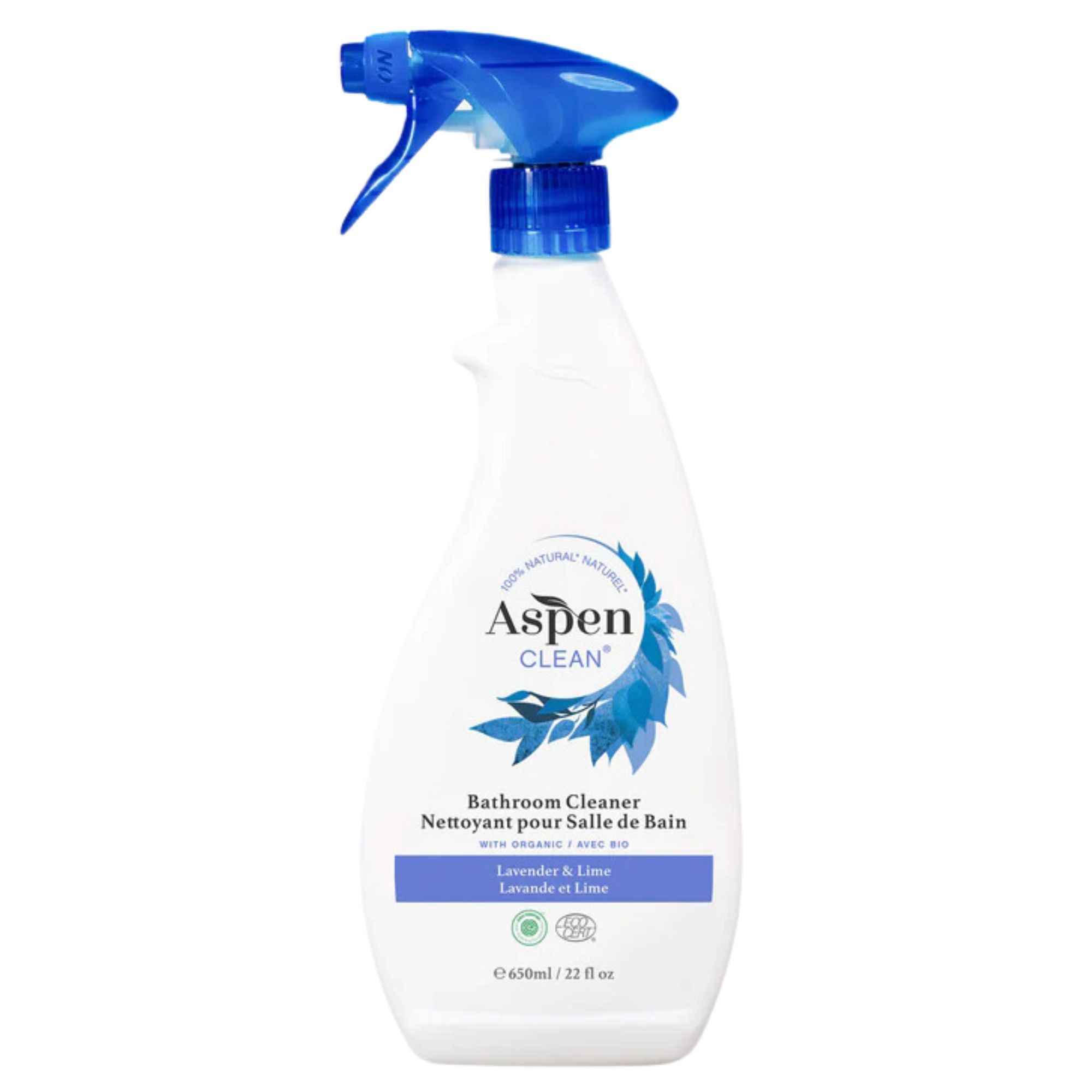
'This bathroom cleaner effectively removes soap scum, hard water marks, and mold using safe, plant-derived ingredients,' says Sokolowski. 'Made with lavender and lime essential oils, it disinfects and cleans, delivering powerful results without harmful chemicals, keeping your bathroom fresh and toxin-free.'
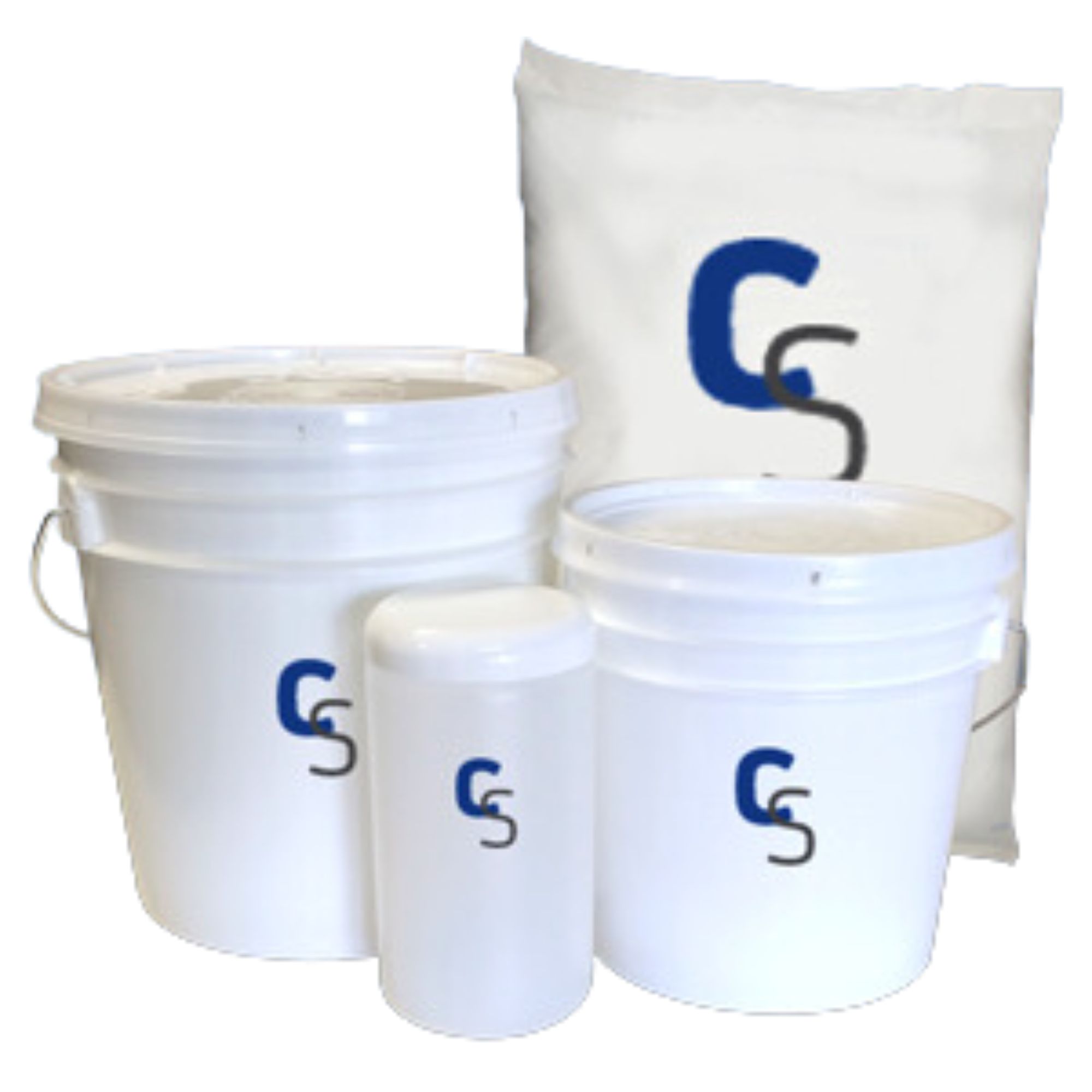
This wholesale sodium sesquicarbonate is perfect if you like buying your cleaning products in bulk, available in four different quantities to suit every need, whether for small-scale cleaning or larger areas.
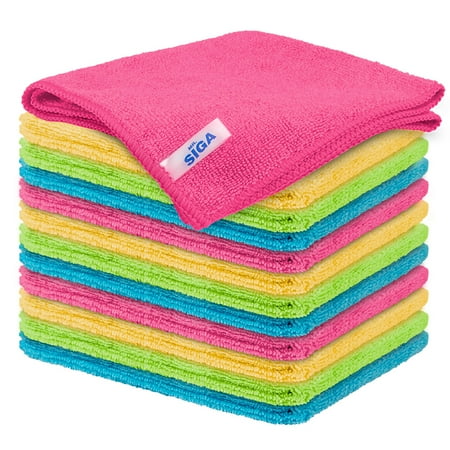
Easy to wash, long-lasting and fabulous for cleaning and drying tasks all around the home. It
If you're looking to truly make your home non-toxic, these are the non-toxic home essentials that Chiana Dickson, content editor on Solved, swears by.







